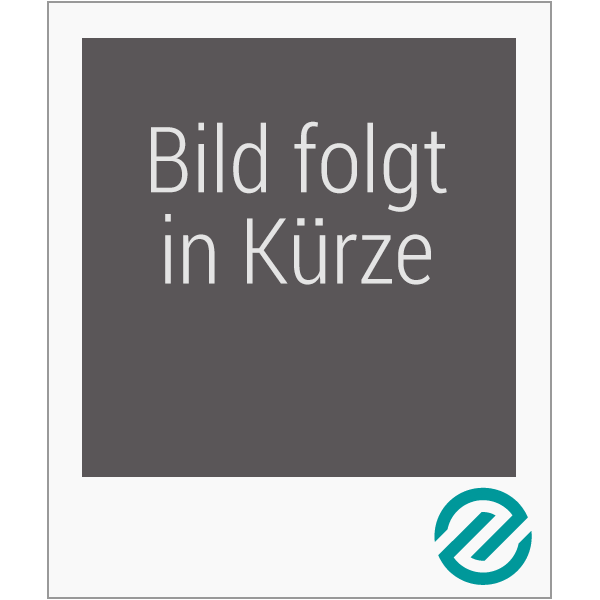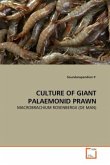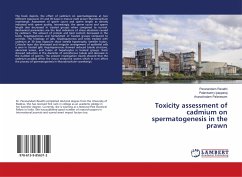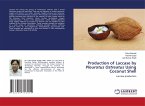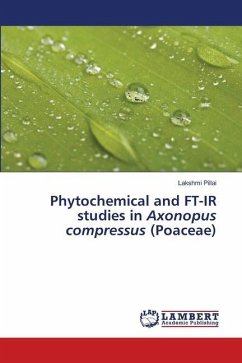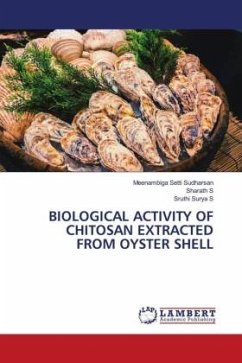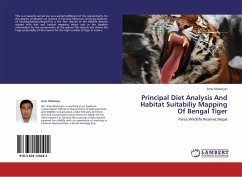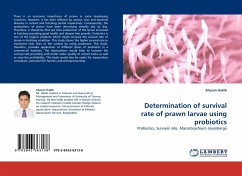In this book a comparative study on the extraction of chitin and chitosan from Giant tiger prawn (Penaeus monodon) shell in biological applications, Antiplatelet and Anti-glycation activity. The naturally abundant polysaccharide, chitin was extracted from giant tiger prawn shell by demineralization and deprotenization process. Then the small amount of extracted chitin was converted to chitosan by deacetylation process. The presence of chitin and the quality of chitosan was verified by chemical test and solubility test. The concentration of chitosan in acetic acid is noted. It was observed that the extracted chitosan was more readily soluble in 1% acetic acid solution, which showed that the chitosan was in pure form. The FT-IR analysis of chitin displayed the bands corresponding to stretching of O-H, N-H and CO bonds and which confirmed the chitin. The FT-IR analysis of chitosan displayed bands corresponding to amino group, which was found to be the major group which indicates thechitosan. Based on the results from the Giemsa Microplate Assay and Spectrometric Assay, it was concluded that the chitosan showed greater effectiveness in the antiplatelet activity than the chitin sample.
Bitte wählen Sie Ihr Anliegen aus.
Rechnungen
Retourenschein anfordern
Bestellstatus
Storno

